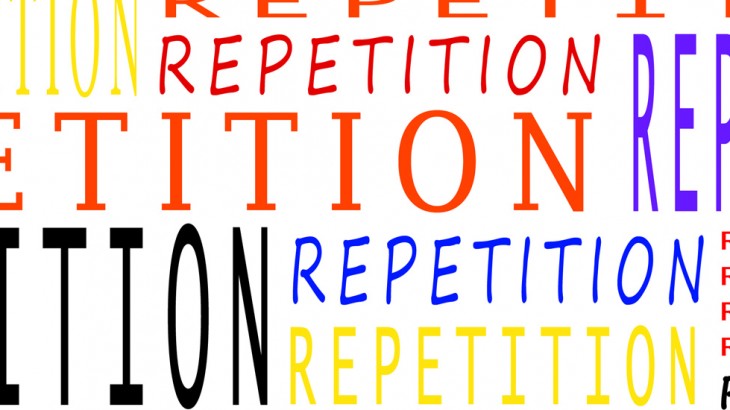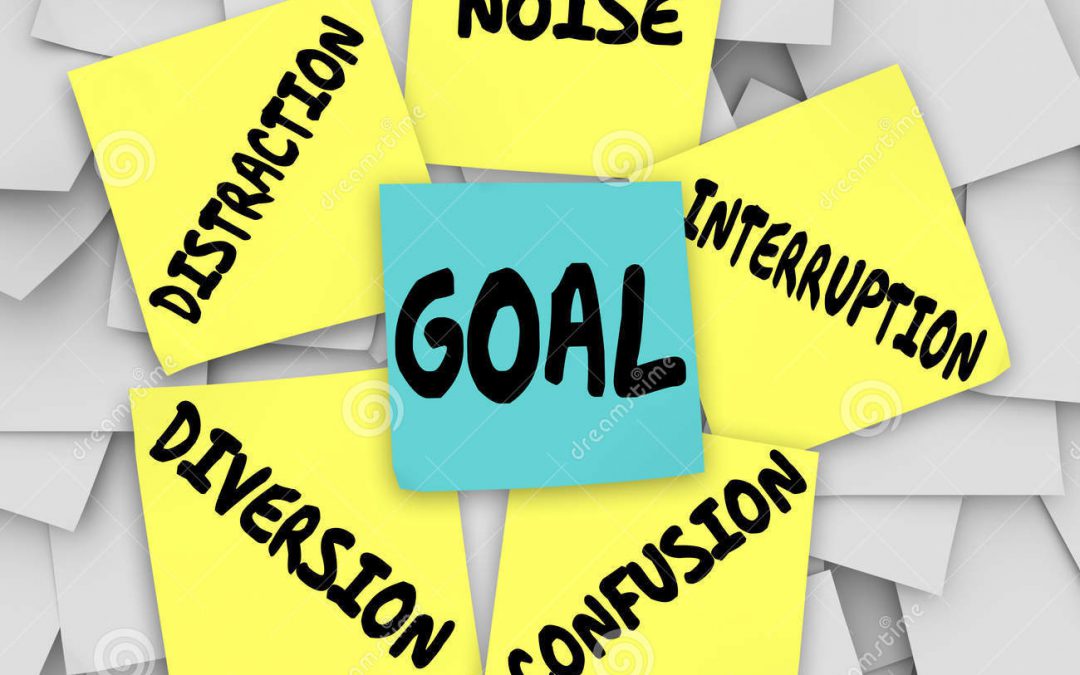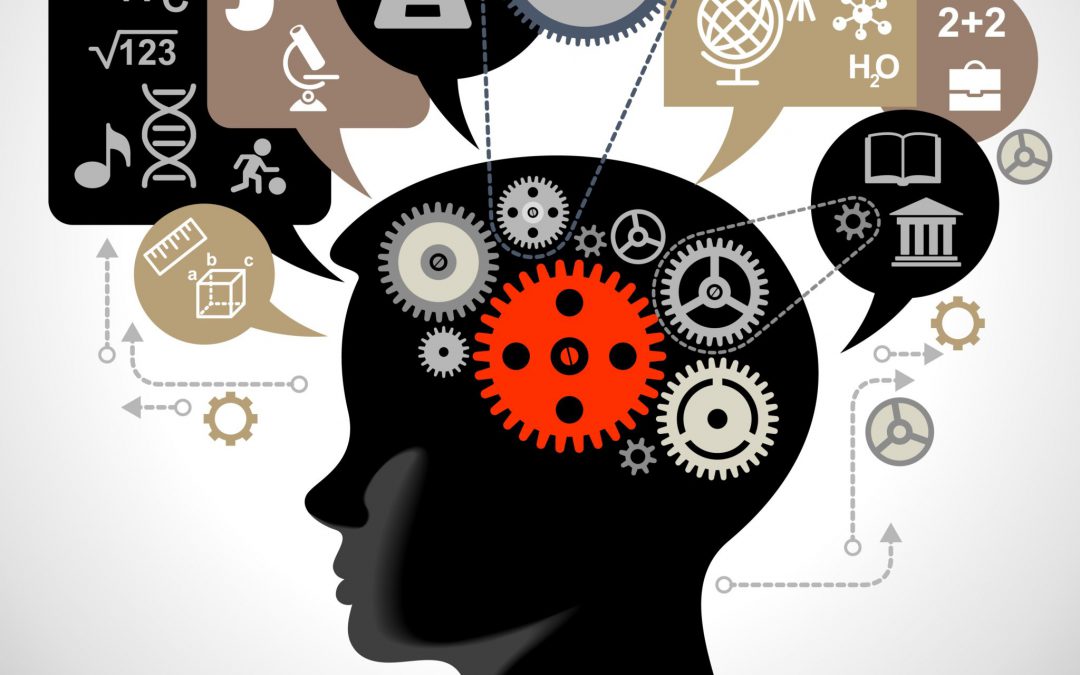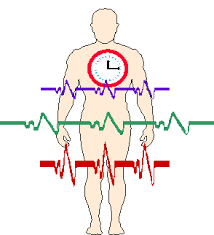
by Harold Taylor | Jan 21, 2020 | Executive Function Skills, General Time Management
In one of the past articles on self-control titled “Pace yourself for improved performance,” I explained how energy-depleting mental tasks such as decision-making and multitasking make self-control even more difficult. This is due to the belief that we have a limited...

by Harold Taylor | Nov 15, 2017 | Executive Function Skills, The Brain
There are many advantages of repetition – whether it is committing a body of knowledge to memory or developing skills such as baseball or golf. In fact a highly touted book is termed the process “the 10,000 hour rule,” explaining that 10,000 hours of practice can make...

by Harold Taylor | May 17, 2016 | Executive Function Skills, Holistic Time Management
It’s becoming more difficult to focus. Sustained attention is the capacity to focus on a task despite fatigue or boredom. If this brain-based executive skill is strong, you are able to maintain attention and are not easily distracted or side tracked. You are able to...

by Harold Taylor | Apr 26, 2016 | Executive Function Skills, Holistic Time Management, The Brain
Creativity in action. My habit over the past twenty years or more was to go for a walk in the morning with my writing tools tucked inside a computer bag, thinking along the way about the article I was to write that morning. When I reached my destination – a coffee...

by Harold Taylor | Apr 19, 2016 | Executive Function Skills, General Time Management, The Brain
Develop goal-directed persistence. The brain develops gradually, and continues to build neural connections throughout our lifetime. A person’s “executive skills” take from 18 to 20 years to develop. The executive skills are mainly located in the prefrontal cortex,...

by Harold Taylor | Mar 22, 2016 | Executive Function Skills, Holistic Time Management, The Brain
Tell your brain what you want. How do you develop a positive attitude? Feed your brain positive information. Studies in neuroscience prove that we can change our brains just by thinking. One example is the placebo effect. It’s not the sugar pill or saline solution...








Recent Comments